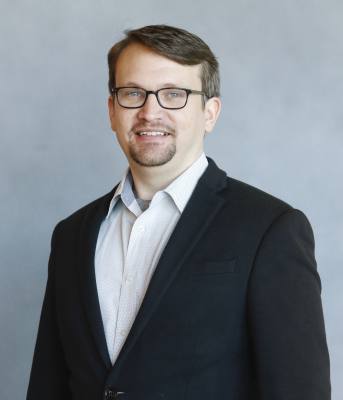In fall 2017, Alvin Community College was on track to have record enrollment with a head count of over 5,700.
Then Hurricane Harvey hit. The spring enrollment, which is always lower than the fall, dipped further. Summer enrollment was also down. Fall 2018 enrollment was lower than it was in 2016.
“We still have not recovered from Harvey,” ACC President Christal M. Albrecht said. “The loss in revenue is significant—$1.8 million. With enrollment down, that means less for the next biennium because we’re in a legislative year.”
Not long after the storm, the school lost a $47.5 million bond election—its second such setback in two years. In August, the regents approved borrowing $25 million for critical projects. The tax rate increased to $0.1877 from $0.1807 per $100 valuation.
“This is a finger in the dike,” Albrecht said.
Another bond election is a possibility but has not yet been discussed by the regents. The college is set to begin crafting a new strategic plan in 2020.
Turning a corner
With an effort to renovate and restore its Alvin campus over the next two years, Albrecht said the college has been working toward invigorating its programs and services as well.
“One of the things has been a culture change—being a more data-driven organization,” said Albrecht, who was hired in 2014 as the college’s sixth president in its 70-year history. “We are changing the mindset to be: Let’s look at our data, even when it’s ugly, to make decisions and make improvements.”
The data showed that while enrollment was growing, the number of graduates was not necessarily increasing. So administrators drilled in to identify programs and requirements that were slowing students down, she said.
“We’ve actually restructured our way of thinking. There are eight defined career pathways or meta-majors,” Albrecht said.
That approach, adopted in 2016, is called “guided pathways” and looks at streamlining how courses work together toward a potential major or career field.
While keeping a focus on the 53-year-old campus in Alvin, officials said to reach the college’s entire service area, it needs partnerships, such as Pearland and Alvin ISDs.
ACC has a presence at 15 sites, with classes at the University of Houston-Clear Lake campus in Pearland and Shadow Creek High School, as well as dual-credit programs at seven high schools, four of which are in Pearland.
The college employs advisers at each high school to help with dual-credit programs and with continuing with ACC after graduation, Director of Advising Services Regan Metoyer Peterson said.
“It is a wonderful partnership with our local ISDs to allow for a seamless transition from high school to college,” she said.
In 2018, 152 high school students earned associates degrees along with their high school diplomas—a record for ACC.
“That’s a huge cost savings for parents,” said Johanna McWilliams, president of the Alvin-Manvel Chamber of Commerce, which honored ACC with a lifetime achievement award in February. “We’ve got a gem here available for the whole district.”
Demonstrating value
Albrecht said the college is able to move quickly to provide workforce development and training on new skills, such as two new programs in the next two years: health information management and cybersecurity.
“These are filling high-demand, potentially high-salary jobs,” she said.
As it adds programs and rebuilds enrollment, officials said the college must constantly explain its value and justify potential tax increases down the line. The college gets about one-third of its $45 million budget from property taxes and a quarter from state appropriations, with the rest funded by a mixture of federal and grant funding, according to annual financial reports. While the taxing district covers a large swath of Brazoria County, it does not include the majority of Pearland. Shadow Creek Ranch, which largely falls inside AISD, is part of the district.
The 2017 bond lost by 255 votes, but its 2016 measure—a larger, $88.5 million package that would have built a new campus closer to Pearland—was overwhelmingly disapproved by voters. In each election, fewer than 5,000 ballots were cast. ACC has not had a successful bond election since 2005.
“It’s a small voter base to begin with, and I can understand why anyone would not want a tax increase, but when you look at what ACC adds to the community, and what it does for our workforce, you can see why they could use a new building,” McWilliams said.
In addition to serving workforce demands and offering college credit to high school students, the college also serves prison populations—it was one of the first in the state to do so. It also has a dedicated program called Upward Bound to help students from low-income households and potential first-generation college students get prepared for higher education.
“They don’t just help them get into ACC; they help them get into college anywhere,” McWilliams said. “When you wonder, how do you break the cycle of poverty … they walk alongside these kids to help prepare them for the future.”
When Albrecht talks to the community, she said she routinely asks, “Who here has attended or has a family member who attended ACC?”
“And a majority of hands go up. … They understand personally how the college has benefited them and their families. How fortunate we are—in a community this size, to have this resource, many people would be envious,” Albrecht said.








